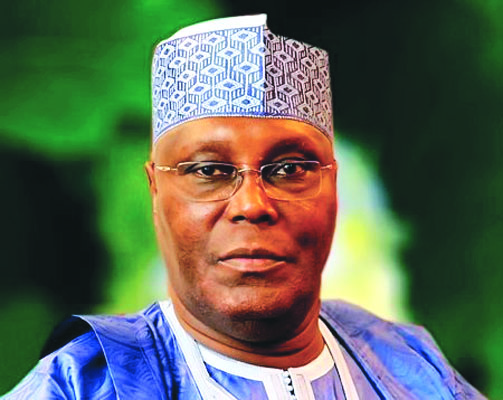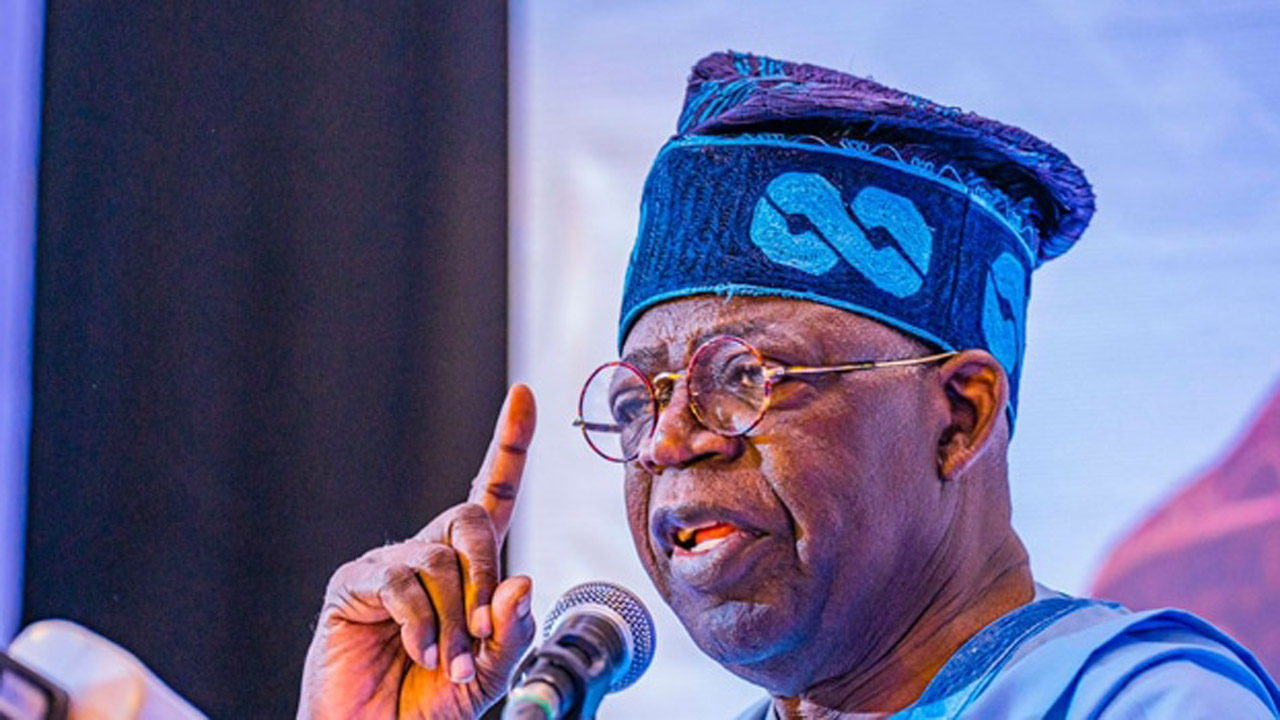Will Tinubu’s omnibus bill be Nigeria’s new deal?By Majeed Dahiru
Just as the 2023 presidential was the most consequential in the history of Nigeria’s 4th republic so was the inauguration address of President Bola Ahmed Tinubu, Nigeria’s sixteenth head of state and government since independence in 1960. By February 2023 when the presidential elections held, Nigeria’s democracy, which had endured for 24 years was like a under achieving young adult who had failed to live up to the full expectations of his age hence requiring urgent help and rehabilitation from better mentors and care givers. Since the transition from military to civil democratic rule in 1999, the much anticipated dividends of democracy in the form of improved welfare and security has remained elusive to the extent that the legitimacy of democracy as a the best form of government and its relevance in national development had come under serious interrogation.
After much debates arising from this interrogation, Nigerians appeared to still believe in the virtues of civil democratic rule but this time they decided to take their democratic destiny into their own hands by getting rid of the many vices of democracy in Nigeria. The 2023 presidential was going to be a fierce contest for power between the ruling political establishment and an armada of anti-establishment forces that were determined to take back their country from strangle hold of misrule, leadership ineptitude and moral bankruptcy. Represented by Ahmed Bola Tinubu, the candidate of the ruling APC and Atiku Abubakar of the main opposition PDP, the establishment faced the strongest challenge for power by the anti-establishment through the candidacy of Peter Obi of the LP in the 2023 presidential election resulting into a decimation of the former by the later in a manner never seen before in the history of Nigeria.
Despite a close third position behind the APC and PDP, the LP secured equal number of states [12] the two establishment parties and emerged the third largest party in the national assembly through the biggest upstages and disruptions that were never envisaged. Although, Bola Tinubu of the APC managed to secure the winning votes in the tightly contested presidential thanks to his mastery of the establishment politics in Nigeria, the decimation of the old order, which saw him losing his home state of Lagos to the opposition LP candidate was clearly not lost on him. And as he assumes the mantle of leadership as Nigeria’s 16th head of state and government, President Bola Tinubu’s inauguration address seems to adequately encapsulate the grim reality that time is running out for the establishment hence the need to prioritise good governance even if he has to commit class suicide as a means of self-preservation of the ruling class.
In getting ahead of the Nigerian people in setting an agenda for his new administration, President Tinubu delivered an inauguration address that was hearty, bold, conciliatory, forthright, honest, and reassuring and one which speaks to the integrity of his Renewed Hope manifesto and campaign promises. In his inauguration address, President Tinubu did not only re-affirm the core components of his manifesto, he also used them to lay the philosophical foundation of the direction of the political economy of the ‘’Ideal Nigeria’’ of his vision with such clarity as indicative of a deep and fertile mind. His vow to administer the country with the principles of the rule of law, secure and defend the lives and properties of Nigerians, introduction of an elaborate credit scheming to ease the burden of financial insecurity as a disincentive on corruption, growing the economy, activation of agro-commodities exchange to enhance food security, guarantees of returns on Foreign Direct Investments and the removal of subsidy on petrol was in fulfilment of his campaign promises.
Most importantly, his inauguration address was devoid of divisive rhetoric and blaming of past administrations for the problems he is about to inherit, which registers a first impression in the hearts of many Nigerians that President Tinubu is a leader that is ready to take full responsibility for the enormous responsibilities of turning around a nation whose people in his words ‘’have endured hardships that would have made other societies crumble’’. While restating his commitment to the eternal unity of Nigeria in the following words ‘’as citizens, we declare as one unified people devoted to one unified national cause, that as long as this world exists, Nigeria shall be one’’ President Tinubu’s declaration that ‘’our constitution and laws give us a nation on paper. We must work harder at bringing these noble documents to life by strengthening the bonds of social cohesion, and cultural understanding. Let us develop as hared sense of fairness and equity’’, conveys his deep understanding of the essential elements of nation building as conditions precedent for national security and economic development. The president’s reassurance that ‘’whether from the winding creeks of the Niger Delta, the vastness of the northern savannah, the boardrooms of Lagos, the bustling capital of Abuja, or the busy markets of Onitsha, you are all my people. As your president, I shall serve with prejudice towards none but compassion and amity towards all’’ signals the beginning of national healing after an election that left Nigeria most divided in its entire 63 years history.
And while the nation awaits the President’s detailed policy plan with specifics on sources of funding, methodology of implementation and timeline on deliverables, it is noteworthy his first legislative agenda, which he described in his inauguration address as an ‘’omnibus Jobs and Prosperity bill’’ is reminiscent of President Franklin Roosevelt’s ‘’New Deal’’ economic stimulus plan that was implemented from 1933 to resuscitate an ailing American economy that was devastated by the shocks of Great Depression of 1929. Just like President Roosevelt’s New Deal, which created federal programmes like the Civil Works Administration, Civilian Conservation Corps, the National Industrial Recovery Act and the Social Security Administration in order to stimulate economic growth and development through a financially empowered populace, President Tinubu has pledged to work with the National Assembly ‘’to fashion an omnibus Jobs and Prosperity bill’’ that ‘’will give our administration the policy space to embark on labour-intensive infrastructural improvements, encourage light industry and provide improved social services for the poor, elderly and vulnerable’’.
President Tinubu’s omnibus bill is by far the most progressive and imaginative economic stimulus plan in Nigeria’s recent history. But for his Omnibus bill to be Nigeria’s New Deal will be for the new President to assemble a team of patriotic, competent and courageous Nigerians with rich integrity credentials to help covert his vision into reality. If President Tinubu’s profound words are matched with necessary actions, a renewed hope will be inspired in the hearts and minds of the Nigerian people that indeed a new dawn has arrived and his vision for an Ideal Nigeria will be realized.




